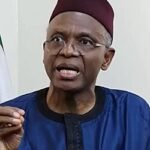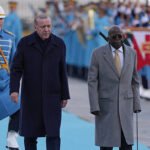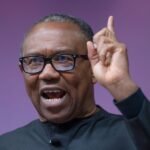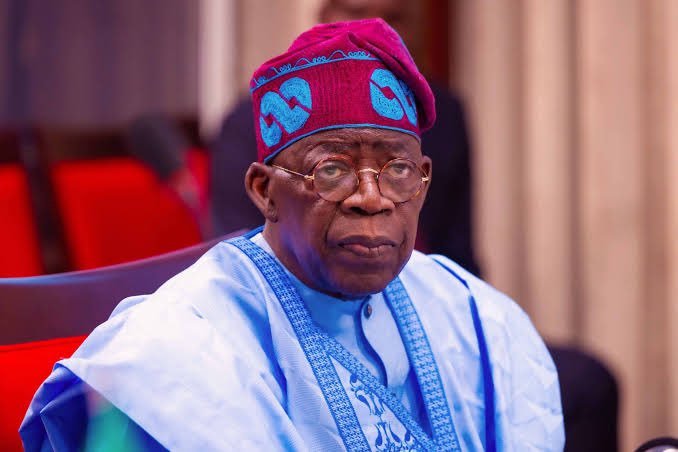
By Dianabasi Effiong
President Bola Tinubu has tasked faith-based leaders in Nigeria to continually champion interfaith harmony, denounce violence, and work tirelessly for reconciliation in communities torn apart by conflicts.
The President said this on Sunday in Ikot Ekpene, at the opening ceremony of the Second Plenary Meeting of the Catholic Bishops Conference of Nigeria (CBCN).
Represented by the Secretary to the Government of the Federation, Sen. George Akume, President Tinubu said that religious leaders could shape values and build trust among citizens.
According to him, faith-based organisations remain a vital bridge for peace, unity, and moral renewal in Nigeria.
The President also commended the Catholic Bishops and clerics across denominations for their consistent efforts to promote dialogue and tolerance despite Nigeria’s diversity.
He said that genuine reconciliation and national cohesion could only be achieved when spiritual leaders continue to preach messages of peace while actively discouraging extremism, hatred, and divisive tendencies.
He assured the conference of his administration’s commitment to addressing the root causes of insecurity and social unrest, including poverty, unemployment, and inequality.
President Tinubu also urged religious leaders to complement government efforts by guiding their followers, nurturing communities with values of honesty, hard work, and compassion.
“The Catholic Church has been a credible partner in the journey towards national renewal,” the President said.
“Your investments in education, health, and social welfare – often in remote and underserved communities – speak louder than words. You have stood with the people in times of hardship, provided comfort in times of grief, and raised your voice against injustice and corruption.
“I encourage you to continue speaking truth to power not only to government but to all sectors of society – while also offering constructive solutions that will help us collectively build a nation where integrity, hard work, and compassion are the hallmarks of public and private life,” he said.
The President explained that his administration had taken bold steps to stabilise the economy in the face of daunting challenges over the years.
According to him, measures such as the removal of fuel subsidies, efforts to unify the exchange rate, and initiatives aimed at curbing leakages in public finances are designed to restore confidence in the system and create a more sustainable economic foundation.
He said that these policies, though demanding sacrifices in the short term were necessary to reposition Nigeria on the path of growth and long-term prosperity.
The President further emphasised that beyond stabilisation, his government is working assiduously to attract both local and foreign investments by creating an enabling environment for businesses to thrive.
He highlighted ongoing reforms in key sectors such as agriculture, energy, and infrastructure, which are expected to stimulate job creation, boost productivity, and expand opportunities for young people.
President Tinubu also assured that while the results might not be immediate, these reforms were carefully structured to deliver enduring benefits that would uplift the lives of citizens and secure a brighter economic future for the nation.
He said, “This administration came into office with a firm commitment to renew hope, strengthen our democratic institutions, and build a Nigeria that works for all.
“We have taken bold steps to stabilise the economy, attract investment, and implement reforms that will, in due course, yield enduring benefits for our people.
“We recognise that good governance is not just about economic growth, it is about justice, fairness, transparency, accountability, and the dignity of every Nigerian.
“It is also about ensuring that no one is left behind – whether in urban centres or rural communities, whether majority or minority, whether rich or poor.
“Our efforts in tackling Insecurity, expanding social investment programmes, strengthening agriculture, and revitalising infrastructure are all geared towards creating an enabling environment for Nigerians to live in peace and fulfil their God-given potential.
“Let me reassure you all that the Federal Government remains open to deepening collaboration with the Catholic Church and other faith-based Organisations in key sectors such as education, healthcare, social welfare, and skills development.
“Together, we can tackle poverty, reduce inequality, and build stronger communities.”
He further urged the Church to collaborate with the government in advancing civic education, protecting the environment, and empowering young people, so that future generations of Nigerians would gain not only academic knowledge but also the values needed to uphold the moral fabric of society.










